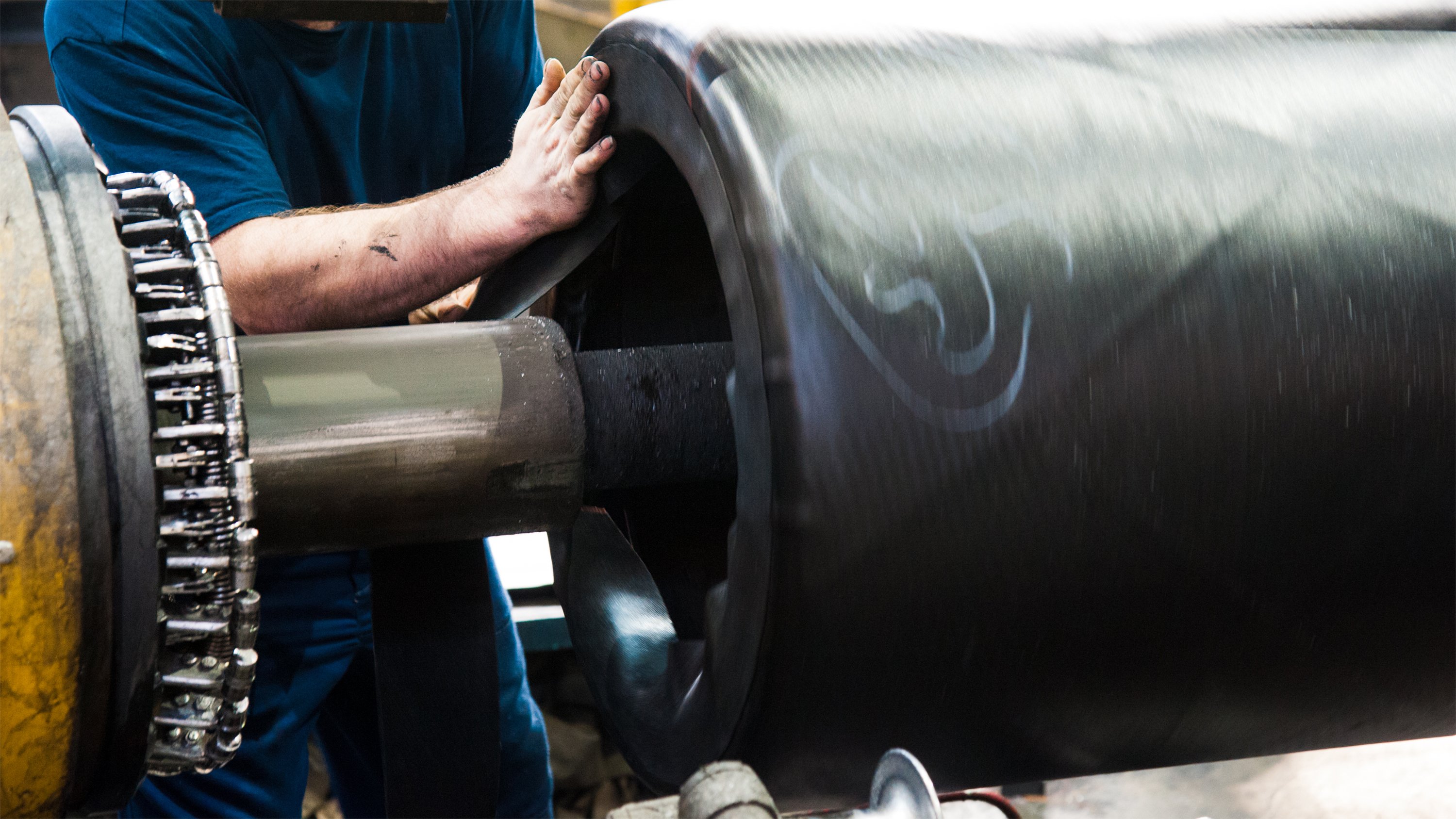Tire makers around the world were scratching their heads a few years back when out of the blue they started experiencing unexpected failures and downtime in their plants.
The problem? The electronics used in their newer industrial control products were more prone to corrosion-related failures.
Attempts to address the problem with corrosion-resistant industrial control products only led to another discovery: The industry-standard corrosion tests used to determine a product’s effectiveness in corrosive environments were derived from contaminants found in many industries, not just the tire industry.
In order to address corrosion properly, it was clear we needed a new understanding of the unique nature of tire production environments – and we must invest significant time and resources to get it. So, we did.
Researching the problem
Some of the world’s biggest tire makers opened their plant doors to help us study the corrosion problem.
Through our research, we learned why modern industrial control products are impacted by corrosion. It’s because of issues like tighter spacing between components on circuit boards, and higher rates of airflow. And these issues, we found, exist across a range of vendors and products. Some products fail after just months of use.
We also identified the specific atmospheric contaminants in tire plants causing corrosion on industrial control-product components.
When we compared what we learned against the industry-standard tests that are commonly used for accelerated corrosion testing, we found that the tests don’t reproduce the types and ratios of corrosion found in tire-plant environments. As a result, those tests can’t be used to accurately measure how a product will perform in the conditions that are unique to tire environments.
When we realized the right test protocol didn’t exist, we decided to create it ourselves.
A new test for the tire industry
Our new proprietary test protocol gives us an unprecedented ability to understand how industrial control products will perform in tire plants. That’s because the test protocol is the first to accurately recreate and accelerate the unique environmental conditions found in tire plants.
Like industry-standards tests, part of our test protocol is based on a mixed-flowing-gas (MFG) test methodology. This involves mixing gases together and flowing them past a product. By mixing different gases in different amounts, we can create different corrosion products and different corrosion rates on different metals.
Also, like industry-standard tests, our test protocol is accelerated to provide greater certainty that control-system products will hold up over time in tire plant environments. Testing acceleration occurs by manipulating variables like temperature, humidity, corrosive gas types, flow rates and concentrations.
In the end, our new test protocol has one purpose: to help tire makers get the most from their automation investments and improve uptime in their plants.
What you can do today
We’re already testing our industrial control products and others on the market using our proprietary test protocol. This will help us evaluate the effectiveness of current products against corrosion and support the development of new mitigation strategies if needed.
But you don’t have to wait for this testing to be completed to start reducing corrosion-related failures in your tire plants today. We’ve developed guidance for how you can combat corrosion by using a combination of corrosion-resistant products and robust sealed enclosures.
We’ll explore that two-part strategy in an upcoming blog post. Or you can learn more about our tire-industry corrosion research, guidance and new proprietary test protocol in the Protect Tire Production from Corrosion Related Failures eBook.
Published February 22, 2021

